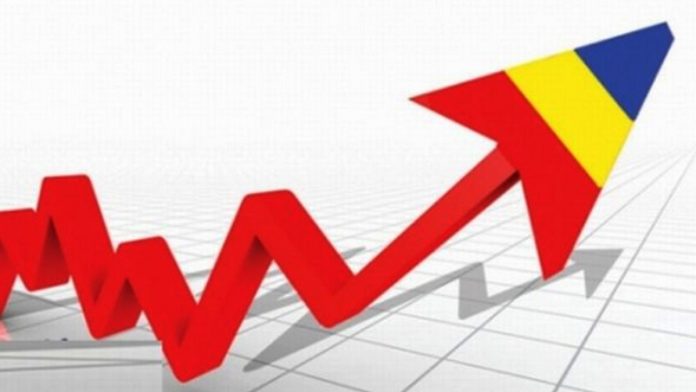Romania could enter the top ten economies of the European Union (EU), and in the next ten years the Gross Domestic Product (GDP) could reach 700 billion euros, thirty times more than in 1994, according to forecasts ING Bank Romania published on Tuesday.
The report entitled 30 x 30. 30 years of transformation. 30 years of ING’ reveals that, over the next decade, Romania’s average economic growth rate will be between 3% and 3.5% per year, as well as a similar average inflation rate. The experts point out that one of the conditions for these estimates to become a reality is the absorption and efficient use, in the coming years, of the 28 billion euros available through the National Recovery and Resilience Plan (PNRR).
„Romania’s economy has gone through a period of profound transformations over the last 30 years, with the GDP growing from around 26.6 billion euros in 1994 to almost 357 billion euros in 2024. Structural changes in the economy, foreign investment and EU membership have led to accelerated economic growth over the last three decades. At a real GDP growth rate of 3 – 3.5% over the next ten years, our estimates show that Romania’s GDP could double and reach 700 billion euro, which would mean that Romania would enter the top ten strongest economies in the European Union,” ING Bank Romania chief economist Valentin Tataru is quoted as saying in the above-mentioned press release.
The specialist analysis shows that, in the last 30 years, Romania’s economic growth has managed to lead to remarkable performances compared to other European countries. For example, if in 1994 Romania’s GDP was more than three times smaller than Portugal’s, in 2024 Romania’s economy will exceed Portugal’s GDP by about 30%.
At the same time, the transition to a market economy in the period 1990-2000, the economic boom period between 2000 and 2008 (when Romania’s GDP recorded an average annual growth of 6.1%), the financial crisis and subsequent economic recovery (2009-2014), the post-crisis expansion (2014-2020) and the post-pandemic recovery (2021-2024) were the main stages of the Romanian economy’s development over the last three decades.
„In the last 30 years, the average net wage has increased from the equivalent of 72 euros in 1994 to over 1,000 euros in 2024. The number of employees in Romania has fallen by more than 20% in the last three decades as a result of restructuring carried out by large state-owned companies and the external migration of more than 3.6 million Romanians. The lowest number of employees in the economy was recorded in 2011, when the effects of the 2008- 2009 financial crisis were fully felt on the labour market and Romania reached 4.3 million employees. This year, the number of employees reached a 25-year high of 5.16 million in mid-2024,” the report says.
According to the source, public spending in the health sector has been increasing at a faster pace. Thus, while in 1994 public spending on health amounted to about 2% of GDP (compared to the European average of 6%), in recent years it has risen to around 5%. „Life expectancy has therefore increased in the last three decades from 69 years (in 1994) to 76 years (in 2024), but is still below the EU average (over 80 years),” the document notes.
In terms of housing space, the number of dwellings in Romania has increased 25% in the last 30 years, and by the end of 2023 there were more than 9.7 million dwellings, with the housing area having increased as well, while the average time for purchasing a housing unit in Bucharest being lower than in other Eastern European capitals such as Prague or Budapest, the ING Bank Romania analysis points out.
AGERPRES




